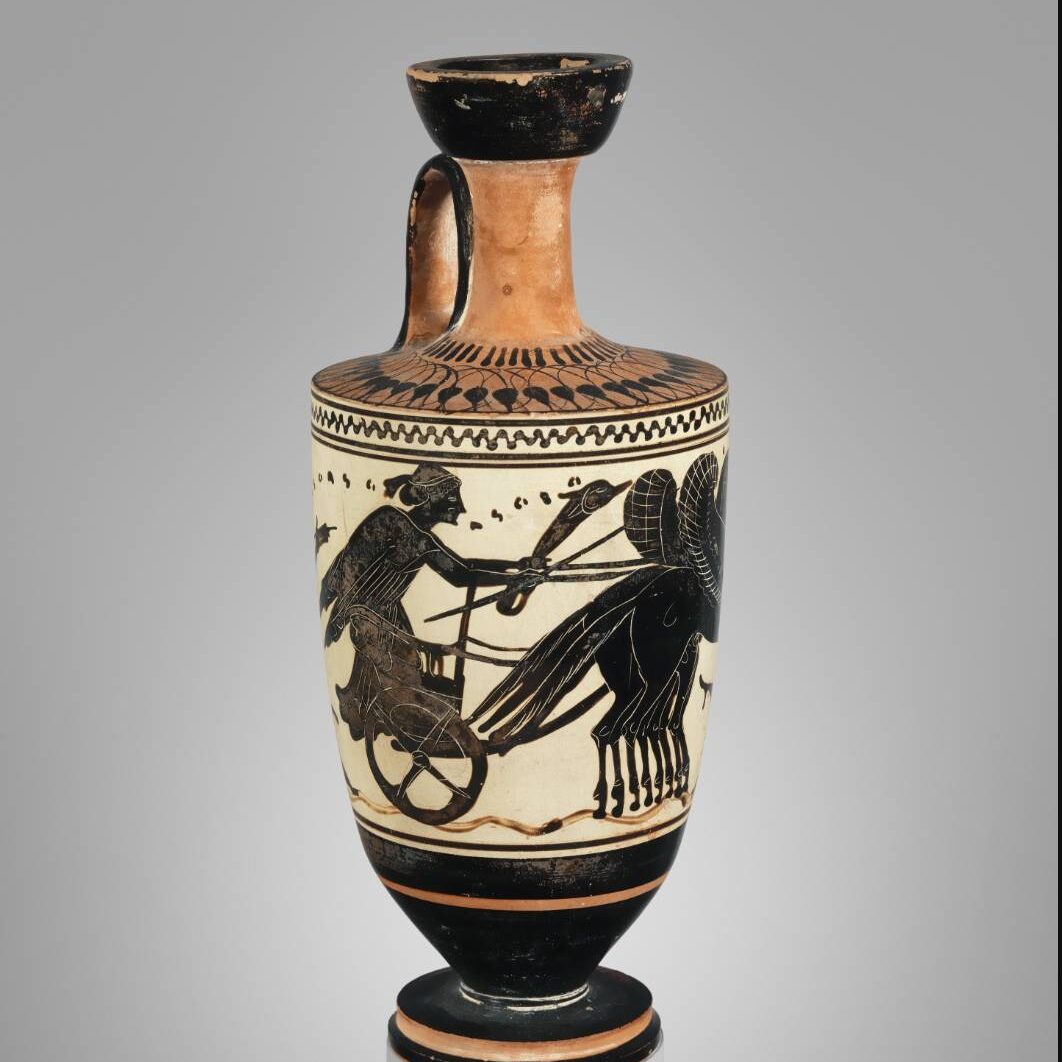
From philosophy, theology, history, and politics to taxonomy and medicine, Latin is doubtless one of the most important academic languages in history. Unfortunately, its status as a ‘dead language’ tends to repel many, and myths of its arcane and difficult nature often discourage learners. Another problem is that this mystique is perpetuated in many Latin language classrooms: the ‘dead language’ is truly treated as such, with little to no emphasis placed on speaking or pronunciation and all stress (in both senses of the word) lying on the rote memorization of grammar tables.
However, learning Latin need not be cumbersome, nor strike fear into our hearts. Rather, noli timere (be not afraid). The Classics Department offers excellent instruction and tutoring. Moreover, since course prerequisites can and often do interfere with language study during the semester, there are also great alternatives for self-study. Online and print resources abound for this timeless language and are tailored to a variety of learning styles.
Continue reading Latin Revival: Some Approaches and Language Learning Tools








